Crystal Lee Sutton

One of the biggest stories of the 20th century was the introduction of women into the industrialized workforce. Unfortunately, management often ruthlessly exploited those new workers. One woman who wouldn’t take it was Crystal Lee Sutton, who in the 1970s risked everything to unionize the workers at the J.P. Stevens textile plant in Roanoke Rapids, N.C. Sutton (a mother of three) earned a paltry $2.65 an hour and endured awful conditions, so she worked to unite her fellow employees for better representation. The company fired her and had police escort her out, but within a year the plant was unionized. Her story was turned into the 1979 Sally Field movie Norma Rae.
Betty Anne Waters

If there’s one thing becoming a parent brings into focus, it’s the importance of family. So when Kenneth Waters was arrested and convicted of a murder he didn’t commit, his sister Betty (a divorced mother of two boys) enrolled in community college and spent the next 13 years pursuing a law degree so she could prove his innocence. At great personal cost to herself, Betty doggedly tracked down the evidence from the case and put it through DNA testing that exonerated her brother. She then sued the town for falsely convicting him and withholding evidence that proved it.
Wilma Mankiller
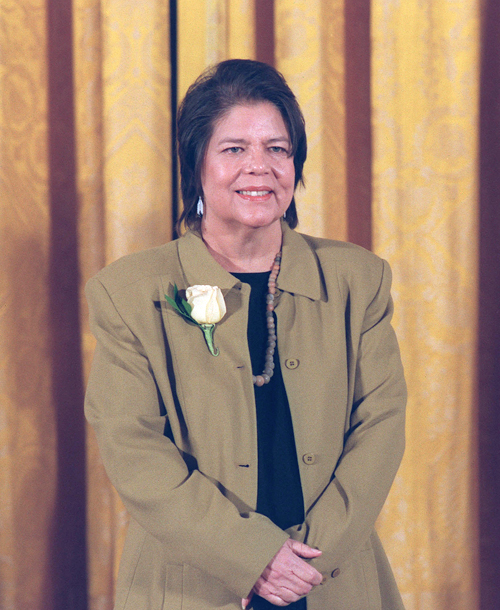
Traditionally, the tribal leadership of the Cherokee people has been solely the province of males. But Wilma Mankiller was no ordinary Cherokee. The Oklahoma-born mother of two became involved in tribal affairs in 1969 when a group of Native Americans occupied Alcatraz in protest of the U.S. government depriving them of their land. Mankiller led numerous community development projects in San Francisco and Oklahoma, and in 1983 she ran for Deputy Chief of the Cherokee nation. The campaign was a hard one, with death threats and other shady tactics, but she refused to quit and won the election and the respect of her tribe. In 1985, she succeeded Ross Swimmer to become the very first female Chief of the Cherokee.
Sherry Hunt
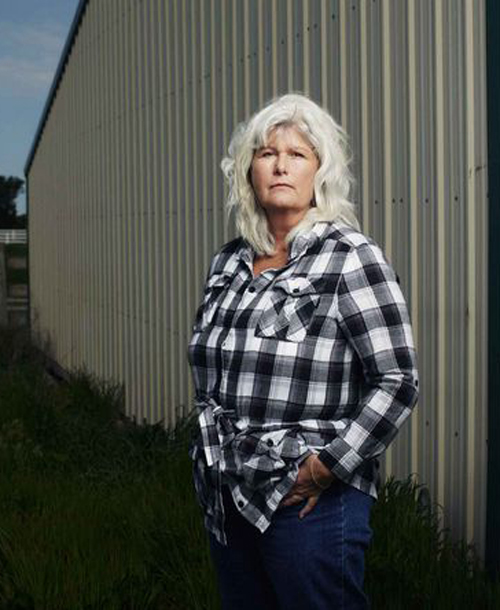
The financial sector is one of the most male-dominated industries in the world, but a few brave women have managed to find success there. But when Sherry Hunt, a lifelong banker, discovered that her new employer Citigroup was allegedly ignoring her research reports and demanding that she fraudulently classify loans as safe, she put her whole career in jeopardy by refusing to lie for them. Instead, she publicized the demands and took Citigroup to court. Her chances of winning were slim—Citi could afford the best lawyers in the world—but with the help of the U.S. Justice Department, she won, and Citi was forced to pay a $158.3 million settlement.
Aung San Suu Kyi
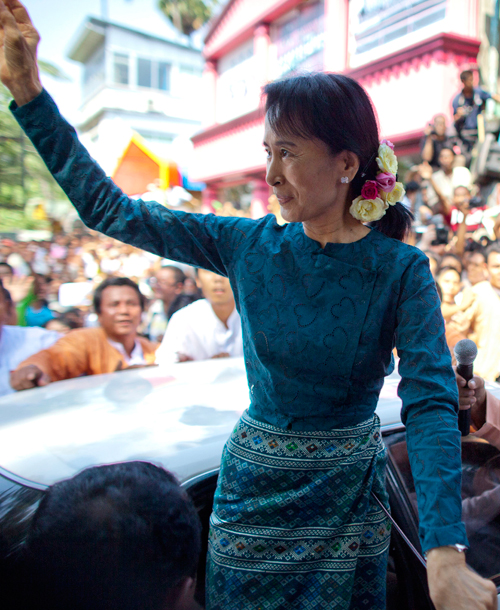
When Aung San Suu Kyi returned to her native Burma after attending college abroad to care for her mother, she found her beloved nation crippled under the rule of dictator U Ne Win. Suu Kyi, the daughter of the man who liberated Burma from the British, spoke out against his rule and was immediately arrested and sentenced to house arrest with no communication with the outside world. The regime said that she would be freed if she agreed to leave the country and never return, but she refused and spent 15 of the next 21 years imprisoned. Through those years, she worked tirelessly to establish an alternative political party and in 2012 she won a seat in the country’s parliament.
Dr. Hawa Abdi
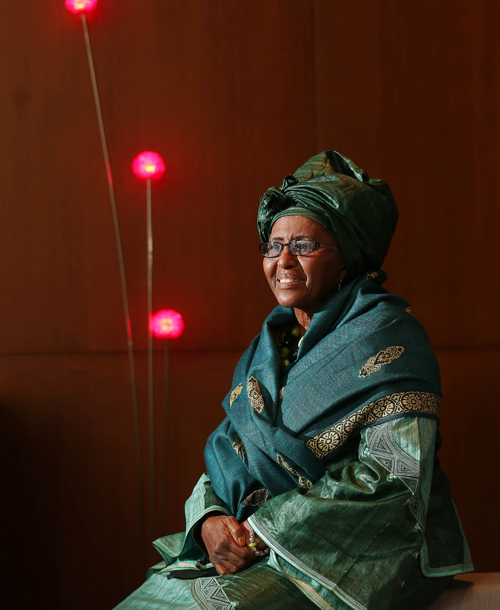
The work of a doctor in war-torn Somalia is a difficult one, especially for a woman and mother. Dr. Hawa Abdi had her first child in 1975 and a few years later opened the Rural Health Development Organization in the Lower Shebelle region, providing free obstetrics services to rural women. The clinic grew into a 400-room hospital over the years, but when the Islamist insurgents overran southern Somalia, many urged Abdi to flee. She stood her ground in the hospital, rebuking the gun-toting thugs who tried to make her abandon her patients. Amazingly, Muslim women refugees risked their lives to stand with her, and powerful clan leaders moved in to defend her. The insurgents backed down and Abdi continued to save lives.
Emmeline Pankhurst
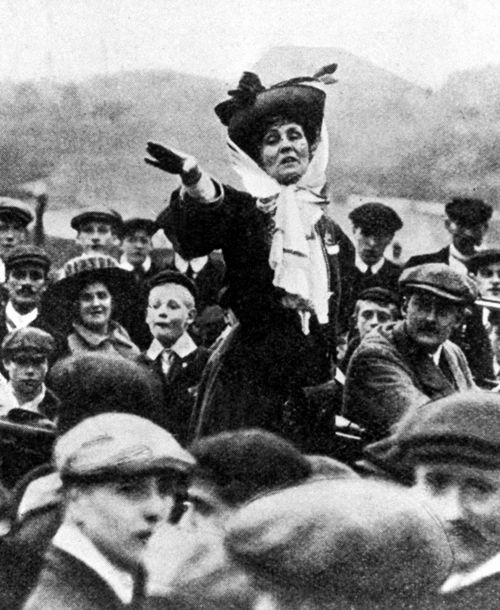
The fight for women’s suffrage was one of the most important struggles of the feminist movement – without the ability to vote, women could make no permanent meaningful change in society. Emmeline Pankhurst was a British mother of five children who, after her husband died, threw herself into the suffrage movement with feverish intensity. Pankhurst was arrested and jailed multiple times while protesting for the right to vote, and while imprisoned went on hunger strike to draw more attention to injustice. Before she died in 1928, all British women were given equal voting rights as men.
Lois Jenson
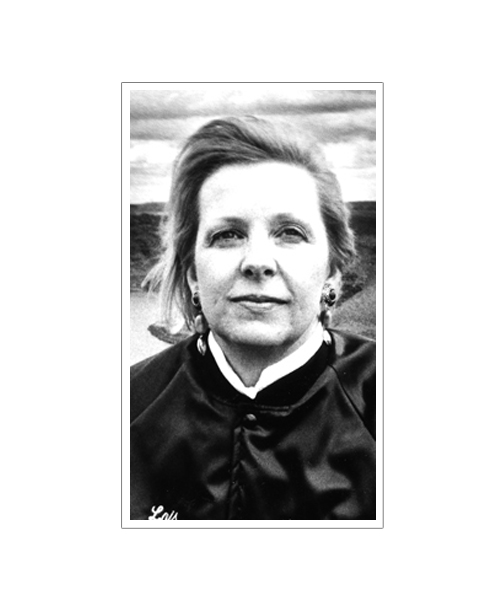
As the equal rights movement spread throughout the country, women began taking jobs that were typically dominated by men. Unfortunately, those working environments weren’t always so receptive. When Lois Jenson, a 27 year old single mother, began working in the Eveleth Mines Ford Fairlane plant in northern Minnesota in 1975, the formerly all-male iron mine exploded with sexual harassment. Jenson and other women were subjected to pornography, catcalling and unwelcome physical advances until 1984, when a co-worker broke into her home. She filed the first sexual harassment class-action lawsuit in the United States and won, requiring the company to institute mandatory harassment training and pay a $3.5 million settlement to the victims. Her 14-year battle inspired the film North Country with Charlize Theron.
Tang Hui
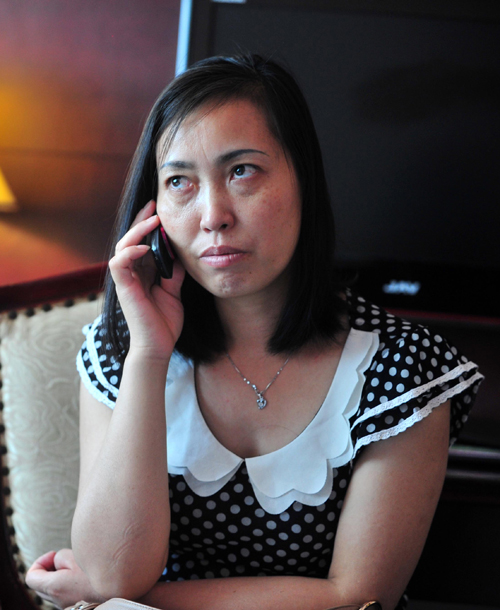
Going up against the system in the United States is one thing, but standing up to China’s authoritarian regime is quite another. When Chinese mother Tang Hui’s 11 year old daughter was kidnapped and sold into prostitution, she excoriated the province’s law enforcement for not being able to find her. After the girl was rescued, Tang continued to speak out against those responsible, which landed her a sentence in a forced labor camp. Even though it could result in further punishment, Tang Hui continued to speak up, and a high court overturned her conviction and called into question China’s habit of using labor camps to silence the outspoken.
Christine Collins
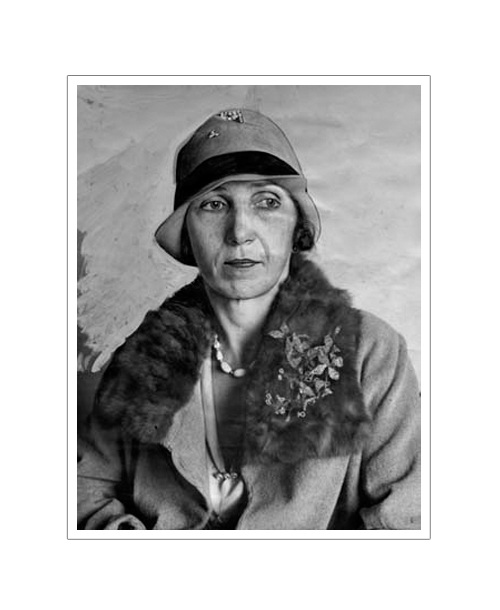
If there’s one thing that a mother should know, it’s her own child. So when young Walter Collins disappeared in 1928, his mother Christine was horrified when police brought him back – and it wasn’t Walter. A boy claiming to be Walter Collins had turned himself in in Illinois, but when he was returned to California it was obvious to his mother that he was an impostor. The LAPD, already looking incompetent for failing to solve the case, insisted he was and had Christine committed to a mental hospital. Although Collins never found the real Walter, she at least got revenge on the police officer who perpetrated the scandal. Collins, who was portrayed by Angelina Jolie in the 2008 movie, The Changeling, took him to court where he was eventually suspended from the force.




